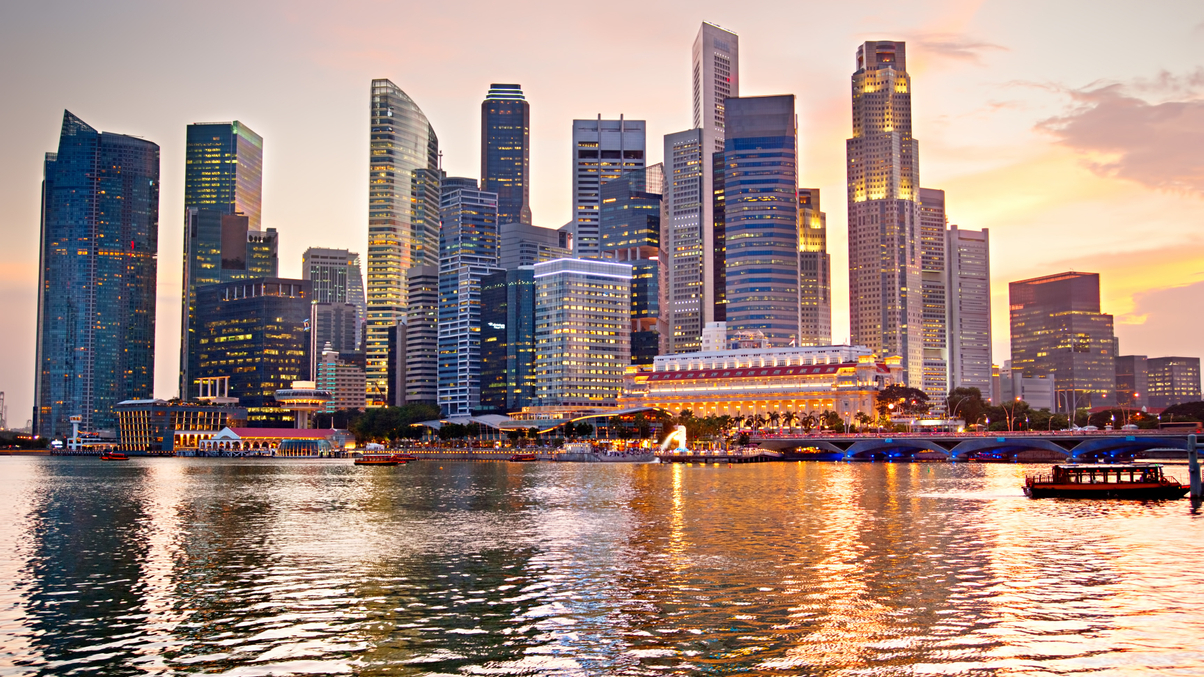Singapore allure for family offices strong amid new rules
Local hiring and spending requirements fail to dent the city-state’s desirability as a family office base, and tax breaks serve as a sweetener.

Singapore’s de facto central bank earlier this month announced a slew of measures targeting family offices, whose numbers have soared during the past couple of years.
Sign in to read on!
Registered users get 2 free articles in 30 days.
Subscribers have full unlimited access to AsianInvestor
Not signed up? New users get 2 free articles per month, plus a 7-day unlimited free trial.
¬ Haymarket Media Limited. All rights reserved.


